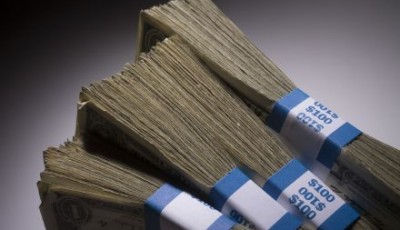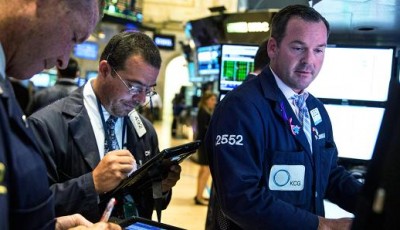Fed’s vice chairman leaves door open to September rate hike
On Friday, Fischer hinted that a rate hike was still a possibility in September despite widespread concerns about recent turmoil in stock markets.
The Federal Reserve’s vice chairman, Stanley Fischer, said on Saturday that he saw “good reason” to expect that inflation would rebound to a healthier pace as the American economy continued to grow. “That is why we need to consider the overall state of the USA economy as well as the influence of foreign economies on the USA economy as we reach our judgement on whether and how to change monetary policy“.
While U.S. officials are weighing the timing of their first interest-rate increase since 2006, and the Bank of England may tighten in early 2016, the European Central Bank has heard calls to extend its quantitative easing programme to provide more protection against potential deflation. Despite unprecedented measures by Beijing to shore up the market, Chinese shares have lost almost 40 per cent of their value since mid-June, wiping out the equivalent of US$4.5 trillion in wealth – more than the size of Germany’s economy.
Market bets on the fed funds rate rising in September fell to 24% after Dudley spoke, continuing a downward trend that started with China’s stock swoon.
Price increases in the U.S. and Europe have been running well below levels targeted by the central banks, where officials are debating what slower Chinese growth and weaker commodity prices could mean for inflation.
“Comments by Fed Vice Chair Fischer kept the door open to a September rate hike“, Societe Generale’s Michala Marcussen said on Sunday.
The Fed has said it will raise rates when it is reasonably confident the inflation rate will rise again to 2 percent. “China is the catalyst, but the real reason for the selloff is the nervousness about the first US rate hike“, KBC senior economist Koen De Leus said.
The August jobs report to be released on Friday will be key to the Fed’s rates decision. While the job market has improved steadily, inflation has remained below the central bank’s 2 percent target for more than three years.
The pan-European FTSEurofirst 300 index closed down 0.2 percent to record a monthly loss of 9 percent – its worst monthly performance since August 2011.
The collapse in oil prices since last summer would likely only have transitory effects on USA inflation, he said, noting that consumers’ inflation expectations have been stable.
Fischer was careful with his words and did not directly say anything about his preferences to raise interest rates during the September 16-17 meeting policy meeting of the Feds.
Should analysts continue to downgrade their expectations for third- and fourth-quarter earnings in those sectors or more broadly, that could make stocks more expensive, even after the recent selloff.
There was an economic conference in Wyoming, which usually is where the head Federal Reserve officials go to talk strategy and upcoming events, but the head of the Fed, Janet Yellen, actually skipped out on the high-profile meeting this year.











